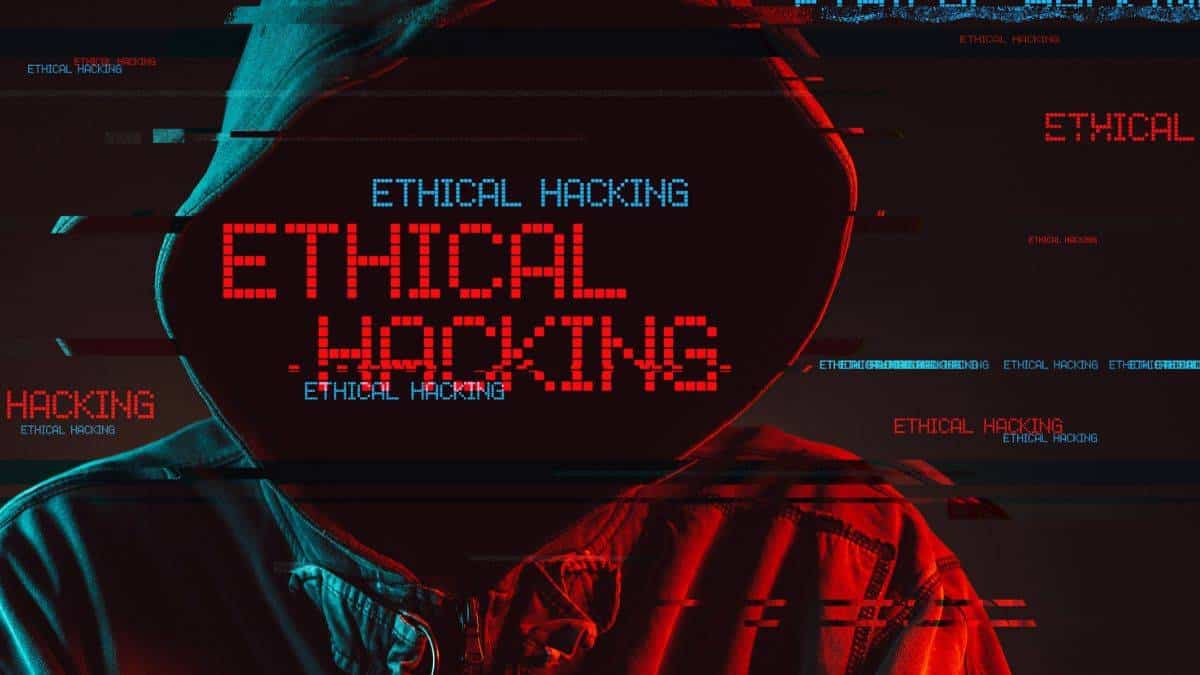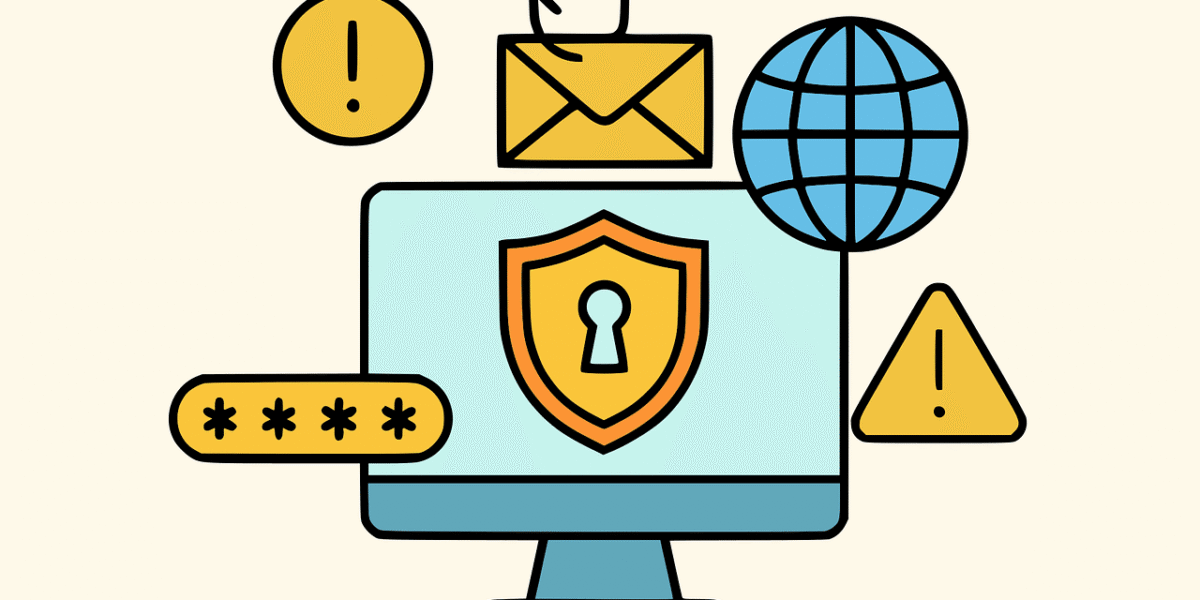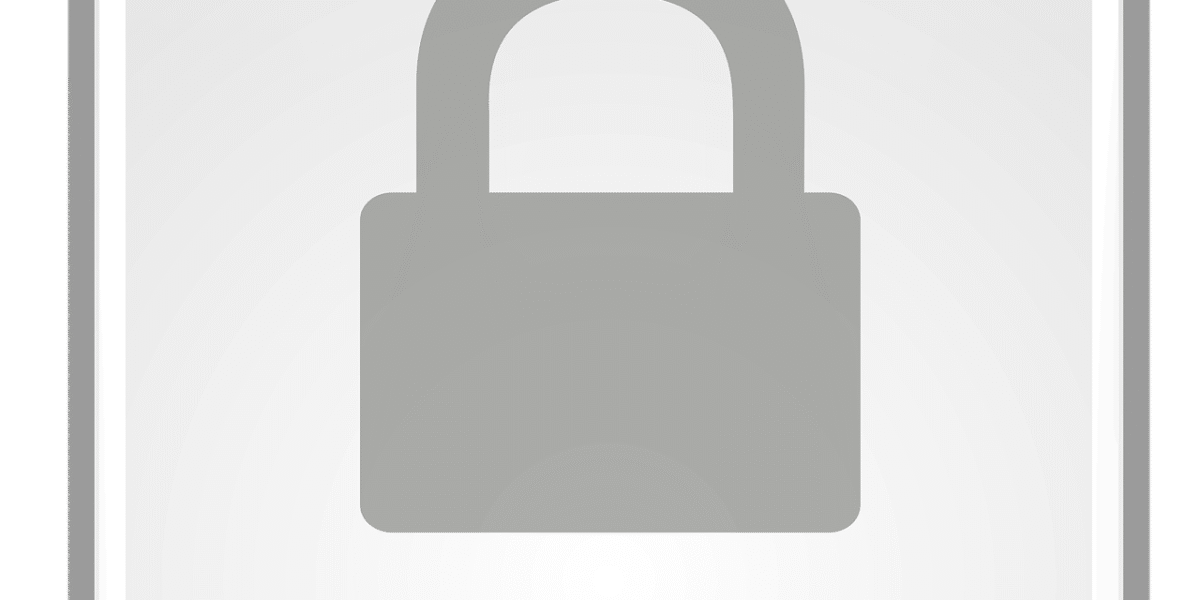Table of Contents
The contemporary digital era presents a persistent concern regarding cybersecurity threats for businesses of all scales. Small to medium-sized enterprises (SMEs), in particular, are increasingly becoming primary targets for cybercriminals. This is often attributed to a perceived lack of robust security measures within these organisations. In this context, ethical hacking emerges as a crucial, forward-thinking strategy for mitigating vulnerabilities.
What’s Ethical Hacking?
Ethical hacking, also known as penetration testing or white-hat hacking, constitutes a deliberate attempt to breach an organisation’s security defences within a controlled and legal framework. This process involves employing similar tactics and tools that could be used by malicious hackers, but it is conducted with the explicit consent and under the supervision of the organisation being assessed.
Unlike black hat hackers who aim to exploit weaknesses for illicit gain, ethical hackers, or white-hat hackers, utilise their expertise to enhance an organisation’s cybersecurity posture.
Understanding the Cyber Threat Landscape for Small Businesses
SMEs are frequently targeted by cyberattacks due to their often limited resources and expertise compared to larger organisations. This can make them appear as more accessible targets.
Several common cybersecurity risks pose a significant threat to small businesses:
- Phishing Attacks: These attacks involve deceiving employees into divulging sensitive information, such as passwords or financial details. SMEs are particularly susceptible due to limited employee training on recognising phishing scams and a lack of thorough vetting processes for third-party applications.
- Ransomware: In these incidents, hackers encrypt data and demand payment to restore access. The financial consequences can be particularly worse for SMEs with less budgets.
- Weak Passwords: Employees within small businesses might utilise weak or reused passwords. Using a weak password is considered one of the easiest ways to gain access.
- Lack of Regular Updates: Failure to consistently update software and systems exposes businesses to known exploits and malware.
- Third-Party Vulnerabilities: SMEs often rely on third-party vendors or software, which can become a point of entry for attackers if not adequately secured.
The Australian Cyber Security Centre (ACSC) received nearly 94,000 cybercrime reports in the 2023 financial year, with the average loss being $46,000 per report for small businesses.
Key Benefits of Ethical Hacking for Small Businesses
Engaging in ethical hacking offers numerous significant benefits for small businesses:
- Proactively Spotting and Fixing Vulnerabilities: Ethical hackers possess the knack to find weak points that might have slipped through the cracks, enabling businesses to take preemptive steps to fix them before they’re exploited by cybercriminals.
- Preventing Significant Financial Losses: The average cost of a data breach can be catastrophic for small businesses. Ethical hacking helps prevent direct financial loss, downtime, reputational damage, and regulatory fines by proactively addressing vulnerabilities before an attack occurs.
- Building and Maintaining Customer Trust: Data breaches can severely damage a business’s reputation and erode customer trust. By demonstrating a commitment to cybersecurity through ethical hacking, small businesses can reassure their customers that their data is safe.
- Staying Ahead of Evolving Cyber Threats: Hackers are constantly evolving their methods. Ethical hackers stay up-to-date with the latest threats, helping SMEs stay one step ahead.
- Meeting Industry Compliance Requirements: Many sectors have stringent norms and standards for data security and privacy. Ethical hacking assists small businesses in ensuring they’re in line with these regulations, steering clear of heavy penalties and legal troubles.
- Boosting Security Awareness and Training: Ethical hacking engagements provide key insights into the effectiveness of an organisation’s security awareness and training initiatives. By mimicking real-life attacks, they can identify areas where employees need more training to effectively recognise and counter potential threats.
- Gaining an Extra Set of Eyes: Ethical hacking provides an extra set of eyes around vulnerabilities within their organisation, uncovering weaknesses that might not surface during regular system testing.
Practical Steps for SMEs to Embrace Ethical Hacking
For SMEs looking to leverage the benefits of ethical hacking, several practical steps can be taken:
- Assess Your Current Security Posture: Understand your existing cybersecurity measures and identify potential weaknesses. If basic security is weak, prioritise foundational cybersecurity investments first.
- Define Clear Goals and Scope: Determine what you aim to achieve with ethical hacking and which specific systems or applications should be tested.
- Choose the Right Ethical Hacking Service Provider: Look for reputable providers with certified professionals and carefully check their credentials.
- Understand the Engagement Process: Familiarise yourself with the different phases of ethical hacking, including reconnaissance, scanning, exploitation, reporting, and reassessment.
- Prioritise Remediation Efforts: Focus on addressing the most critical vulnerabilities identified in the ethical hacking report.
- Integrate Ethical Hacking into Your Risk Management Framework: Make ethical hacking a regular and recurring part of your overall security strategy. Gartner recommends performing this testing every time an update is installed.
- Foster a Culture of Proactive Security: Encourage continuous improvement and collaboration between the board, management, and IT teams to build resilience.
- Invest in Employee Training: Regular cybersecurity awareness training is essential to address the human element of security and mitigate risks like phishing.
Invest in a Secure Future
By embracing ethical hacking, small business owners can take a proactive step towards safeguarding their data, reputation, and long-term success in an increasingly interconnected world. Talk to the experts at Tech Engine if you need assistance.




